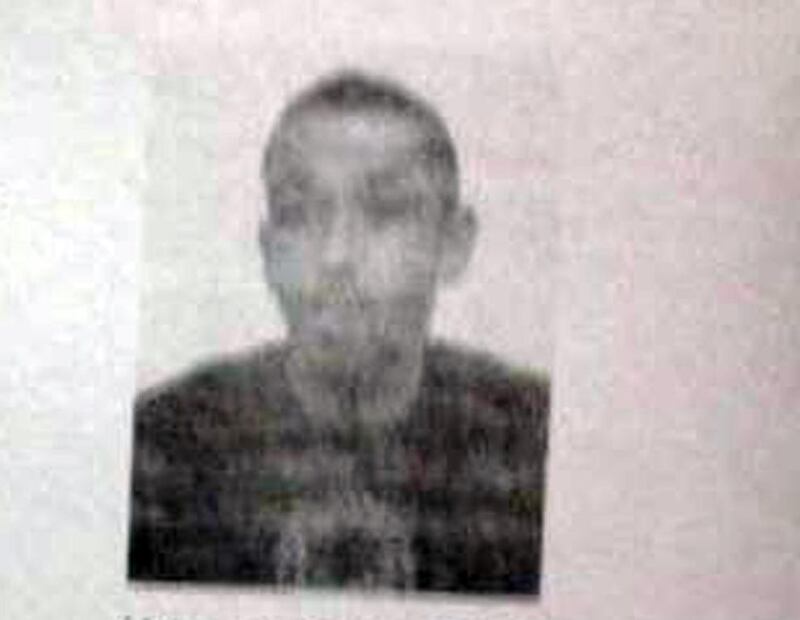A man opened fire on a police van on the Champs-Elysées on Thursday night, killing one officer and wounding two others before he was shot dead by the police. The ISIL-claimed attack came days before yesterday’s first round of voting in the French presidential election.
Writing in the London-based pan-Arab daily paper Al Arab, Tunisian columnist Ameen Bin Masoud explained how terrorism aids the extreme right to create propaganda in favour of isolation and racism before any presidential or parliamentary election.
According to Bin Masoud, terror groups carry out specifically targeted attacks before elections to mobilise voters, induce voting in favour of far-right candidates and generate punishment votes against advocates of coexistence and cultural diversity.
“The Paris terror attack has given the National Front and its leader Marine Le Pen the kiss of life, or so ISIL believes.
“The far-right presidential candidate has taken the fight against terrorism as the headline of her election campaign. However, that same campaign includes vital and sensitive subheadings, namely the issue of immigration, the European Union, Islam, religious movements and mosques,” the writer said.
Enter terrorism in the form of oppression and racism, through direct online polarisation in light of radical identity wars, or through lone wolves who, in the absence of control, guidance, rehabilitation and awareness, find in the discourse of ISIL the proper response to far-right speeches.
“Karim Cheurfi, the shooter in the Paris attack, is nothing but an early vote cast by ISIL in favour of far-right French candidate Marine Le Pen to get millions to follow suit,” Bin Masoud concluded.
Writing in the London-based pan-Arab daily paper Asharq Al Awsat, Lebanese columnist Samir Atallah noted that the worst feeling that can drive an individual, a people or a nation is fear.
He added that right now, France is a fear-filled nation that is going on to elect its new president.
According to the writer, the president of France is not just a winner of the presidential election who serves a term or two. “The French president is a leader and often a symbol of national unity or a cause of dissension.”
“Unlike their British or German neighbours who cast their votes, give the reins to a leader and then hold him to account at the next election, the French keep records daily,” he wrote.
But this time around, fear is bringing about confusion.
“Since the election of Nicolas Sarkozy in 2007, France has become a country in turmoil and its president is no longer a leader.
“Once an empire, this great country is now shaken by terrorism, even more so than Britain or Germany,” Atallah said.
He added that the fear is no longer limited to the victims at the scenes of the terror attacks.
“The French fear that terrorism will affect their authority, particularly in the event of a victory by Marine Le Pen, which would cause a much-dreaded national schism,” Atallah noted.
“It is true that Ms Le Pen sometimes chants the slogans of Napoleon and de Gaulle, but, deep down, she is a 'local' radical leader who does not hesitate to adopt a divisive policy,” he concluded.
* Translated by Jennifer Attieh
translation@thenational.ae





